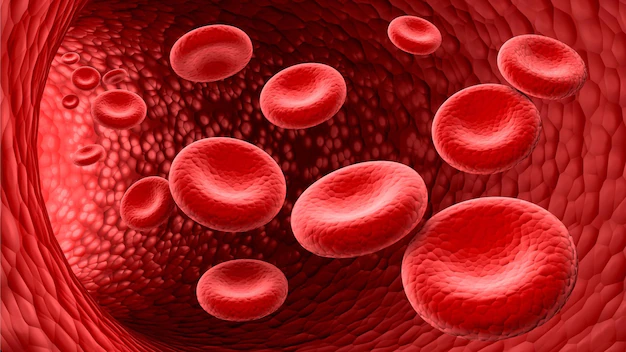Anticoagulants: Medications to Treat Heart Attack and Heart Disease

Anticoagulants, also known as blood thinners, are medications that help prevent blood clots from forming or getting larger. They work by interfering with the body’s natural clotting process, which can be helpful in preventing or treating a number of cardiovascular conditions, including heart attack and heart disease.
Some of the most commonly used anticoagulants include:
- Warfarin (Coumadin): This is an oral medication that has been used for many years to prevent blood clots. It works by inhibiting the production of clotting factors in the liver. Warfarin requires frequent monitoring with blood tests to ensure that the medication is working effectively and that the dose is appropriate.
- Heparin: This medication is typically given by injection and is used to prevent blood clots from forming in the veins, such as in deep vein thrombosis or pulmonary embolism. Heparin works by inactivating clotting factors in the blood.
- Newer oral anticoagulants (NOACs): These medications include dabigatran (Pradaxa), rivaroxaban (Xarelto), apixaban (Eliquis), and edoxaban (Savaysa). Unlike warfarin, these medications do not require frequent monitoring and have fewer drug interactions.
Anticoagulants can be very effective in preventing or treating blood clots, but they also carry some risks. The most serious risk associated with anticoagulants is bleeding, which can range from mild to life-threatening. Other potential side effects include nausea, vomiting, and diarrhea.
It is important to work closely with a healthcare provider to determine if anticoagulant therapy is appropriate for you and to monitor your response to the medication.
